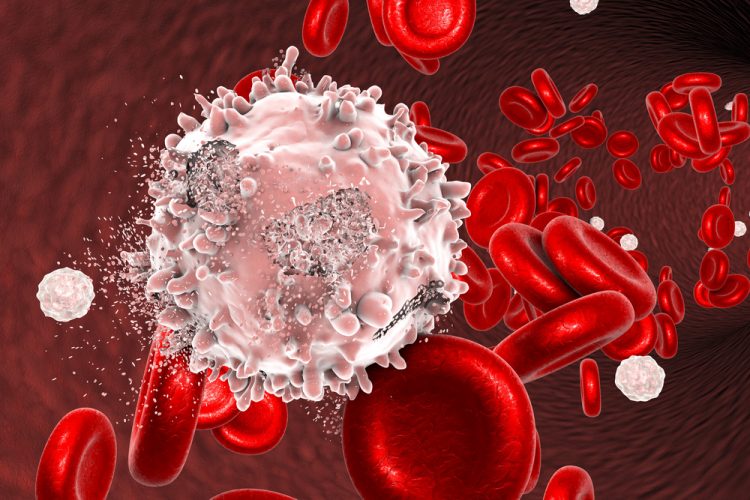UFD1 protein responsible for aggressive leukaemia
Posted: 1 May 2018 | Dr Zara Kassam (Drug Target Review) | No comments yet
Researchers have identified a protein critical for the aggressiveness of T-cell leukaemia…


Researchers have identified a protein critical for the aggressiveness of T-cell leukaemia, a subtype of leukaemia that afflicts children and adults.
The identification of ubiquitin-fusion degradation 1 (UFD1) allows for better understanding what causes leukaemia to progress and become highly aggressive and treatment-resistant, and may lead to a new treatment for this type of cancer.
Leukaemia is a blood cancer that affects individuals of all ages. T-cell is a particularly aggressive subtype of leukaemia which is fatal in 20 percent of children and 50 percent of adults.
Researchers at Boston University School of Medicine (BUSM) conducted combined analyses of patient samples and experimental models of leukaemia that resemble a major subtype of the disease. They found that UFD1 is expressed in this aggressive subtype of leukaemia, and reducing its protein levels by approximately 50 percent inhibited leukaemia development and progression without impacting the overall health of the experimental models.
“Because of its discouraging odds, and because current treatments remain highly toxic to patients, continued research efforts are needed to understand what causes this disease’s aggressiveness and its resistance to treatment, and to identify alternative treatments that are effective but minimally toxic,” explained corresponding author Dr Hui Feng, Assistant Professor of pharmacology and medicine at BUSM. “This research identifies the potential of targeting UFD1 to treat aggressive leukaemia without causing high toxicity to normal tissues.”
These findings appear in the journal Leukemia.
Related topics
Protein, Proteomics
Related conditions
Leukaemia
Related organisations
Boston University School of Medicine
Related people
Dr Hui Feng


